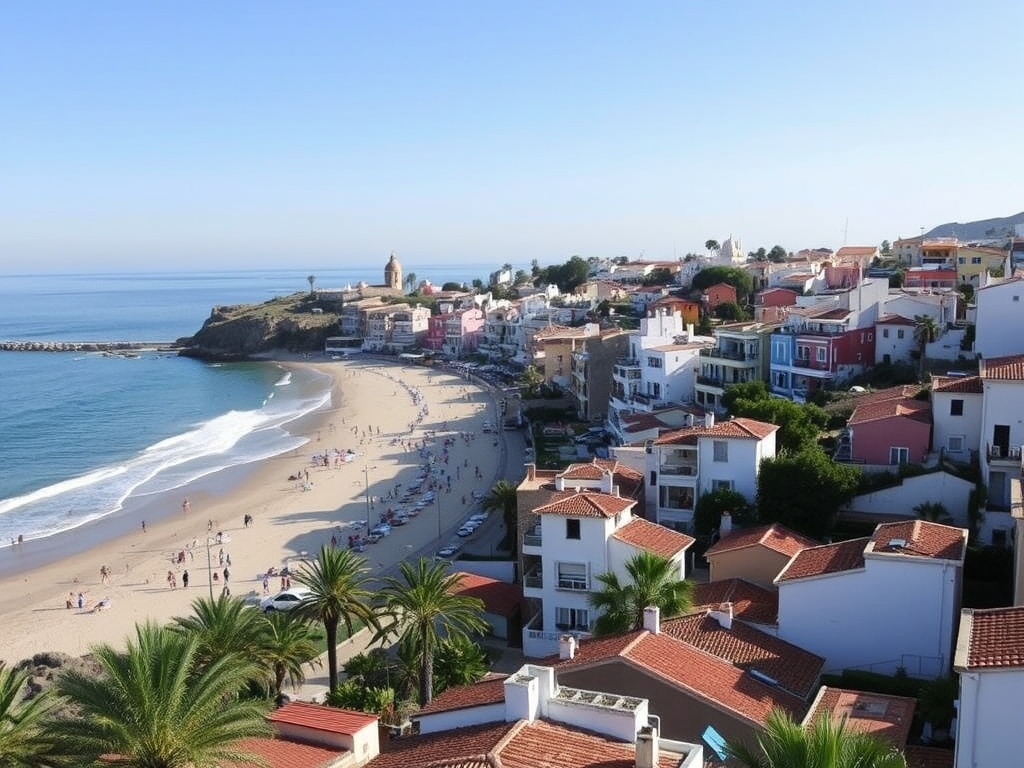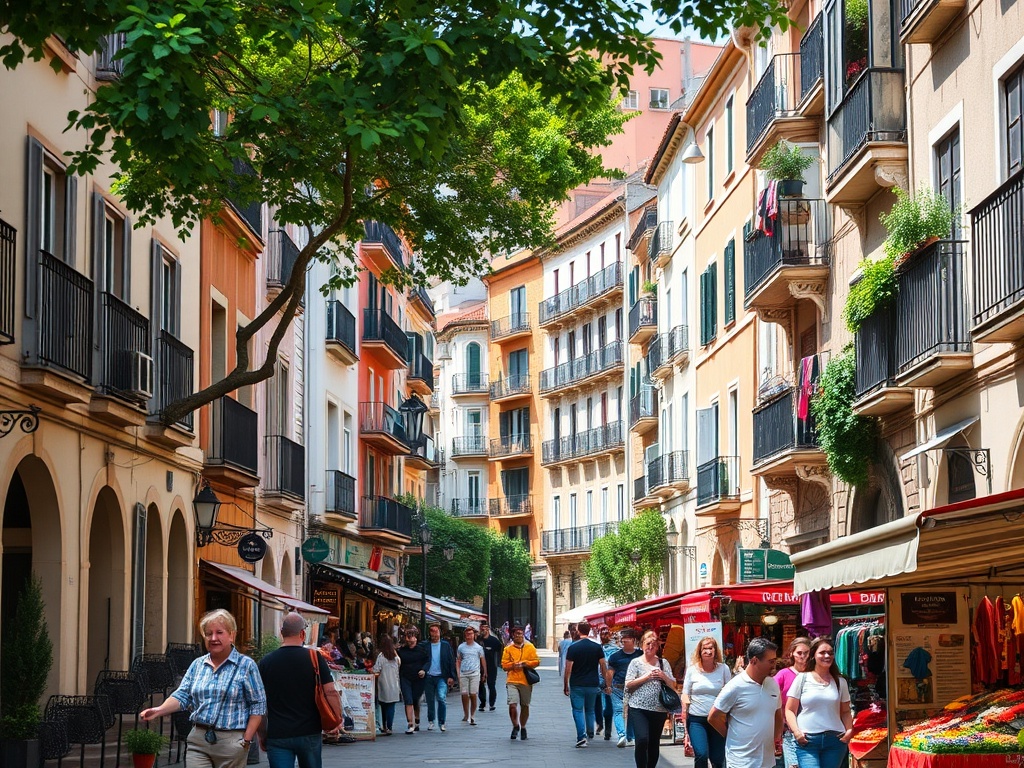Tourist Flats and Spain’s Housing Crisis: A Complex Dilemma

MADRID – The debate surrounding tourist flats in Spain has intensified, with some owners arguing that these accommodations have been unjustly labeled as the primary culprits behind the nation’s ongoing housing crisis. This discussion gained further traction after an Airbnb executive criticized the government’s chronic failure to provide adequate social housing.
In recent months, Spain has witnessed an escalation of protests from residents who contend that the proliferation of holiday rentals has driven housing prices to unaffordable levels for locals in major cities and coastal regions. This issue resonates throughout Europe, as many countries grapple with the challenge of balancing tourism—a vital economic driver—with the rising costs of living resulting from gentrification and the shift of landlords towards more lucrative, short-term tourist rentals.
In response to these pressing concerns, Spanish Prime Minister Pedro Sánchez unveiled a series of proposals aimed at addressing the housing crisis. Among his initiatives is a controversial 100 percent tax on non-resident property buyers from outside the European Union, notably impacting buyers from the UK.
Moreover, Sánchez has pledged to bolster the construction of social housing units and allocate two million square meters (approximately 21.5 million square feet) of land to a public housing entity. This initiative aims to alleviate some of the housing pressures faced by locals.
One anonymous owner of a tourist flat in Barcelona expressed a nuanced view, stating, “While I acknowledge that tourist flats can exacerbate the housing crisis if left unchecked, the government is using platforms such as Airbnb and Booking.com as scapegoats for their own failures in policy-making. They have not adequately addressed the fundamental issues at hand.” He further noted, “Spain’s social housing stock stands at around 3 percent, which is below the European Union average. To put this in perspective, the Netherlands boasts a staggering 35 percent.” According to estimates from the Bank of Spain, there are approximately four million vacant properties across the country.
The owner continued, “I believe the government’s approach toward Airbnb is more about populism than practicality. Even if they revoke tourist flat licenses, it is unlikely that property owners will shift to long-term rentals; it largely depends on the specific location.” He criticized Barcelona’s socialist mayor, Jaume Collboni, for his commitment to cancel 10,000 tourist flat licenses by 2028, suggesting that this move would disproportionately benefit hotel chains and investment firms.
Jaime Rodriguez de Santiago, the director general of Airbnb for Spain and Portugal, defended the platform’s role in the housing debate, arguing that the government’s narrative unfairly targets tourist rentals without addressing deeper systemic issues. “I am genuinely concerned that focusing solely on tourist flats as a potential cause of the housing crisis overlooks other significant factors, such as the collapse in social housing construction and the pervasive issue of homelessness,” he remarked in an interview with El Mundo.
Rodriguez de Santiago emphasized the importance of collaboration with local authorities to develop coexistence strategies, but he cautioned that attacking tourist housing would not bridge the substantial gap between the need for homes and the actual construction of housing units. “Even if we face regulatory challenges, the underlying problem will persist in the short term,” he added.
Currently, Spain is home to around 400,000 tourist flats, accounting for approximately 1.5 percent of the nation’s housing stock, as reported by the Spanish National Statistics Institute. On average, these properties are rented out for roughly 33 days each year, though in major urban centers like Madrid and Barcelona, the rental periods tend to be significantly longer. Spain’s post-pandemic tourism resurgence has played a crucial role in propelling the economy forward, contributing to a robust growth rate of 3.2 percent last year, outpacing its eurozone neighbors. In 2022 alone, a record 94 million visitors flocked to Spain, marking a 10 percent increase compared to the previous year.




